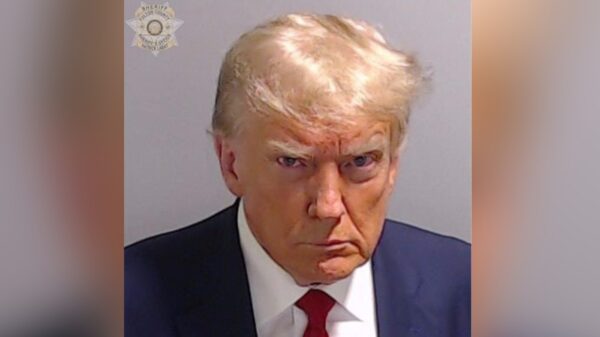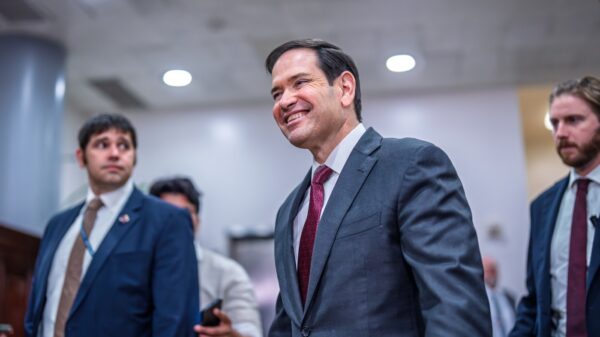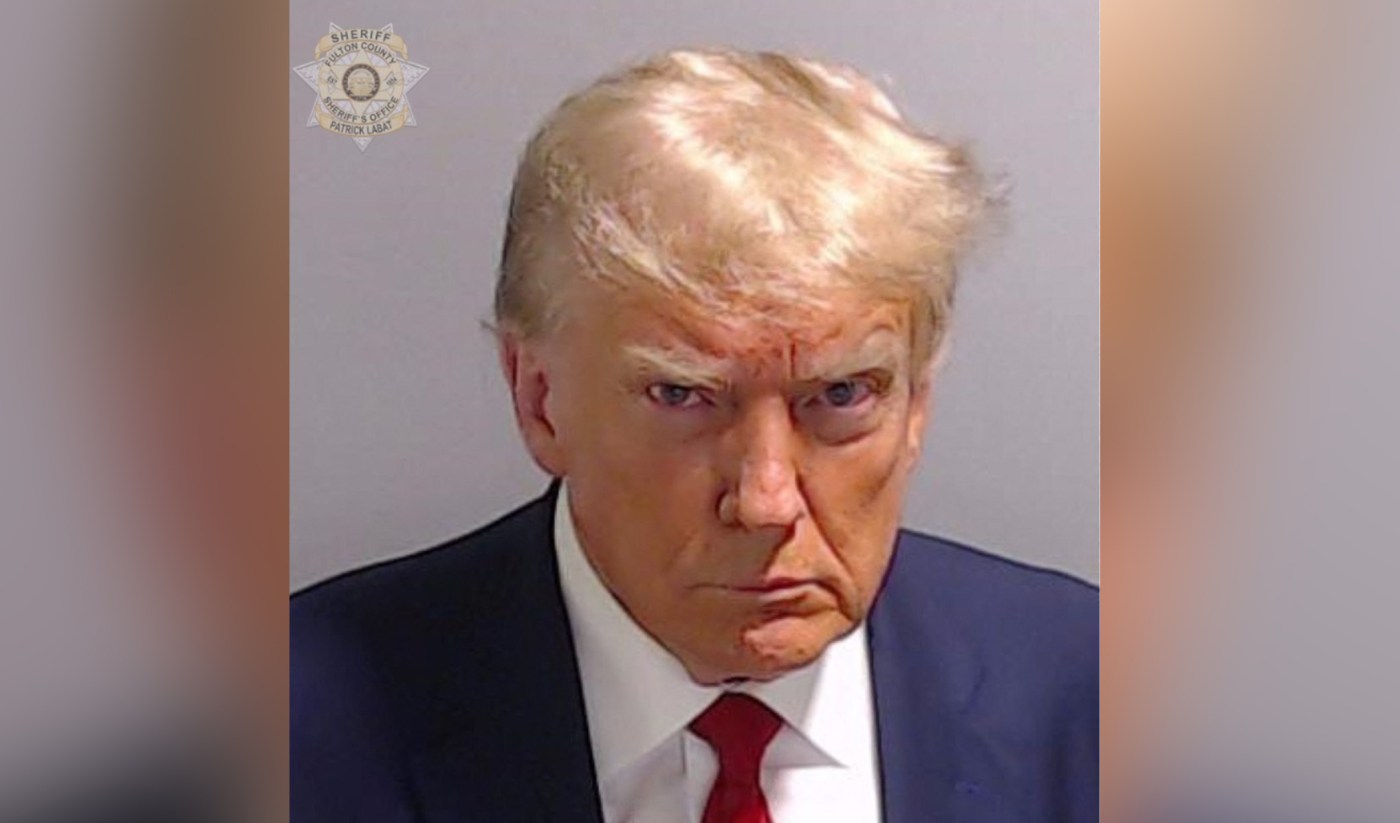The conclusion of the Georgia state case against Donald Trump marks a critical juncture in the former president’s ongoing legal challenges. After ten months into his second term, only one of the four criminal prosecutions involving felony charges has reached a resolution: the comparatively less serious case involving Stormy Daniels. This situation raises significant questions about accountability and the implications of political dynamics on the judicial process.
During Trump’s second impeachment trial on February 21, 2021, a bipartisan majority of 57 senators voted to convict him for inciting the violent attack on the Capitol. However, Mitch McConnell and nine other Republican senators chose not to join this effort, resulting in Trump’s acquittal. A two-thirds majority vote of 67 senators could have permanently barred Trump from holding elected office and allowed for prosecution in the courts for his actions. The U.S. Constitution states: “Judgment in Cases of Impeachment shall not extend further than to removal from Office, and disqualification to hold and enjoy any Office of honor, Trust or Profit under the United States.”
Trump’s pending cases related to federal election interference, the mishandling of classified documents, and the Georgia state indictment for election interference would have proceeded to their natural conclusions had he not been elected president again. While the U.S. Supreme Court has granted presidents broad immunity for official acts, many allegations against Trump—including election fraud and document theft—are classified as non-official acts.
The Georgia prosecutor, Peter Skandalakis, who took over the case amidst turmoil, concluded that the citizens of Georgia would not benefit from prolonged legal battles that could last five to ten years. He stated, “To reiterate, it is not illegal to challenge election results.” Nevertheless, the actions of Trump and his associates, including Rudy Giuliani and Mark Meadows, went beyond mere challenges. They culminated in Trump’s infamous call to Georgia Secretary of State Brad Raffensperger, where he requested, “I just want to find 11,780 votes,” suggesting the need to manipulate election outcomes.
Skandalakis also entertained the notion that Trump could have genuinely believed in election fraud, asserting that he was asking Raffensperger to investigate. However, the context indicates that Trump sought to overturn a verified victory by Joe Biden in Georgia. Even had Trump’s request been fulfilled, he would still have needed to alter results in multiple states to change the overall outcome in the Electoral College.
The closure of the case raises concerns about the judgment exercised by Fani Willis, the District Attorney of Fulton County, whose handling of the prosecution faced scrutiny and delays. Critics argue that the case needed resolution before Trump’s re-election, as the rapid election calendar rendered the prosecutions difficult.
Republican senators’ failure to hold Trump accountable during the impeachment process now weighs heavily on the political landscape. As Congress and the courts navigate these complex issues, there is a pressing need for a reassertion of their roles and the power to ensure accountability. The responsibility rests with them to address the implications of these cases and uphold the principles of justice and governance.







































































